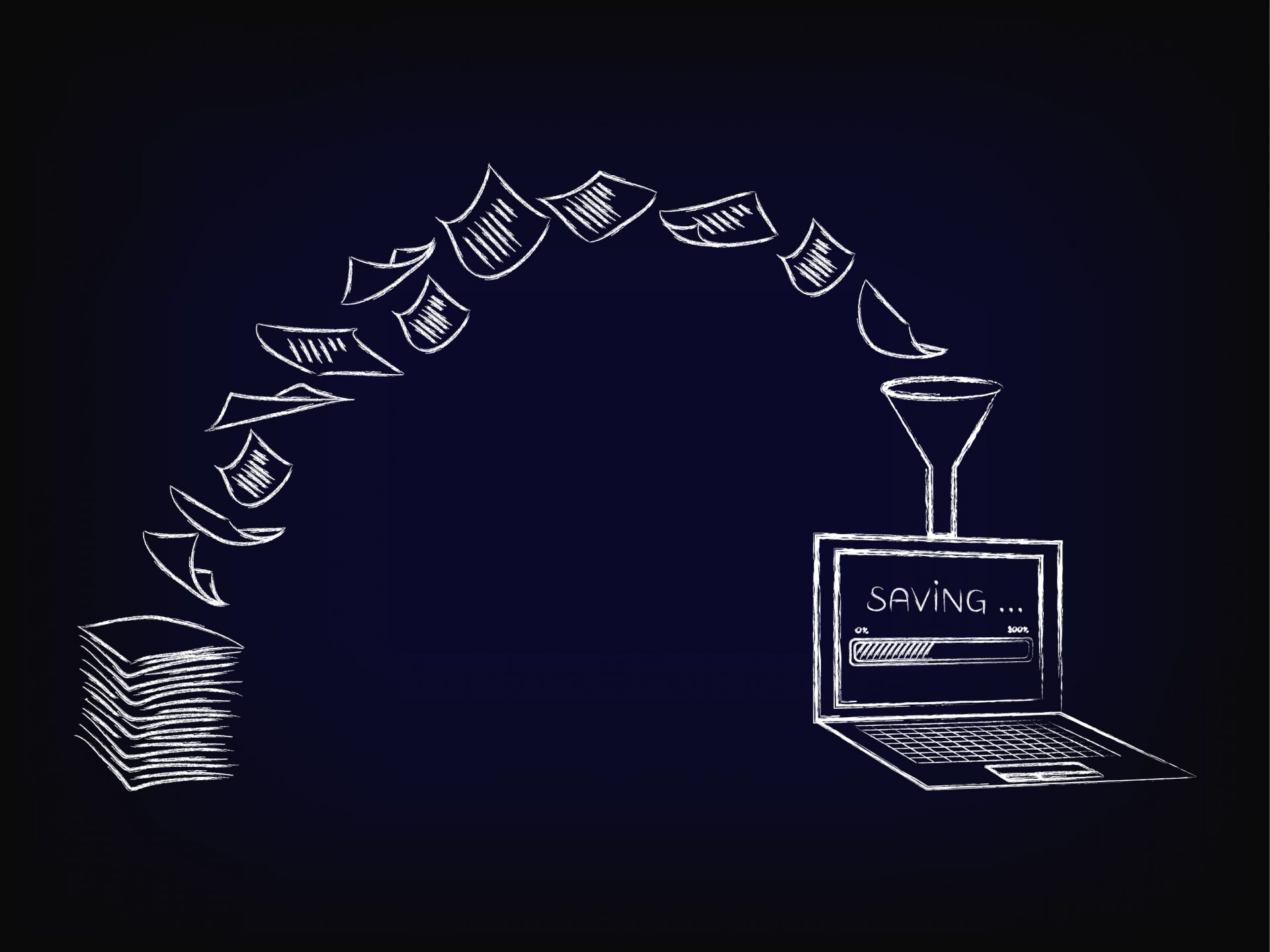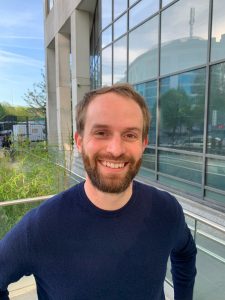Tomorrow, standards will be read by machines

For a long time, the voluntary standards in the AFNOR collection arrived on your desk in paper format. Today, they are available as PDFs or integrated into subscription-based monitoring solutions such as CObaz. In other words, content adapted to human users. In the world of business and industry in particular, it is therefore necessary to go through an eye and a brain before reprogramming tools and software to take account of the specifications presented in a new standard.
Standards users have every right to want to skip this step. In short, to ensure that standards are directly read and integrated into their in-house tools. This means dematerializing them completely and integrating them into business software. A time-saving project, but a titanic undertaking! The MARSS project, which stands for “ Machine Applicable Readable Standard and Standardization “, is all about doing away with the manual approach, a source of potential errors, and transforming the standard into a 100% digital object.
Changing processes and operating modes
All economic players can be involved, and above all manufactured products: construction, automotive, energy, aeronautics, railways, electro-technologies, etc. Analytical laboratories, robotics, artificial intelligence and marketing would also have much to gain. The project can also be envisaged for the major generic management standards: ISO 9001 for quality, ISO 14001 for the environment, etc. It is also conceivable that machine tools will one day be able to integrate directly into the body of standards relating to the circular economy, in particular eco-design. So there’s no exclusion on the aspects covered.
At AFNOR, a revolution is underway. Our approach is resolutely customer-oriented: more easily exploitable content means greater competitiveness. However, such a revolution in the world of voluntary standardization is not so simple. This means rethinking the way we design and build standards products,” says Étienne Cailleau, Digital Transformation Project Manager at AFNOR. This will have an impact not only on how standards are created and disseminated, but also on how they are updated: the pace could be accelerated. “All standards are updated regularly, on average every five years, to incorporate technical innovations and new market demands.
Étienne Cailleau is reassuring: ” Technically, it’s not that complicated to develop,” he says. We’ll provide access, and the software will be able to draw on standards content. On the other hand, this requires a complete rethink of the business model at the start of the standardization cycle, bearing in mind the consensus that must be obtained from stakeholders in any standard update. This is an extremely far-reaching transformation, in which AFNOR is fully involved alongside European and international bodies.
Three questions for Étienne Cailleau, MARSS project manager at AFNOR :
What is your role in the MARSS project?
I’m in charge of piloting the digital transformation approach implied by MARSS on behalf of two AFNOR group entities: AFNOR Normalisation and AFNOR Éditions. This involves drawing up a roadmap: understanding the problem and what’s at stake, defining the organization, priorities, milestones and so on. We question our business profoundly. I’m expected to enable everyone to project themselves into this profound change.

When will this project see the light of day?
As soon as possible! Before 2030, this seems essential. AFNOR spares no effort to provide its customers with increasingly advanced services, but change is profound and takes time.
Where do other standards bodies in Europe and the rest of the world stand?
France, and thus AFNOR, is at the forefront of this project. The most advanced countries include Germany (DIN, DKE), Norway (SN), the UK (BSI) and the Netherlands (NEN). Beyond Europe, the United States, Japan and China are also present. But Germany is the most advanced country. We therefore plan to work with DIN and DKE, and potentially other European organizations, to set up the digital infrastructures needed to deliver this new content.
Photo credit: © AFNOR/DR